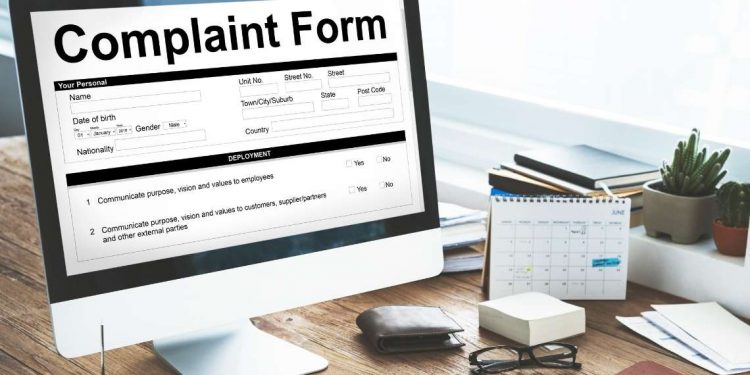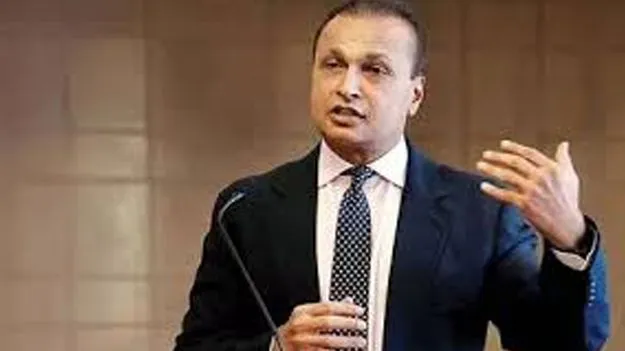In the realm of addressing dissatisfaction with the services provided by financial institutions under the jurisdiction of the Reserve Bank of India (RBI), including non-banking finance companies, payment system participants facilitating transactions through NEFT, RTGS, UPI, or credit information companies, a solution is readily available.
The RBI’s directives concerning the Internal Ombudsman for Regulated Entities and its Integrated Ombudsman Scheme present consumers with remedies at various tiers.
The Redressal Evolution In a stride towards consistency and simplicity, the central bank introduced the Integrated Ombudsman Scheme in November 2021. This scheme amalgamated three existing RBI Ombudsman Schemes. A subsequent update on December 29 unified the Internal Ombudsman Schemes for regulated entities into a comprehensive singular scheme.
Each regulated entity designates an Internal Ombudsman (IO), serving as the initial point for addressing grievances before consumers escalate the matter to the RBI Ombudsman.
Insights Derived from Complaint Data Recent data from the RBI discloses that around 300,000 complaints reached the RBI Ombudsman during the fiscal year 2021-22. Predominantly, 88 percent of these targeted banks, with an additional 11 percent directed towards NBFCs.
The overall disposal rate for complaints was nearly 98 percent, demonstrating an effective resolution process for the fiscal year 2021-22.
The Protocol of Escalation Initiating the process involves contacting the relevant entity, such as a bank. If the complaint faces rejection, either partially or wholly, it automatically escalates to the bank’s Internal Ombudsman.
Direct complaints to an IO are impermissible, and specific complaint types fall beyond the purview of the IO.
Regulatory Guidelines on IOs Depending on the complaint volume, a regulated entity may appoint more than one IO and one or more deputy IOs. The RBI has established explicit rules for their appointment.
Next Steps: Seeking Further Redress Should dissatisfaction persist with the Internal Ombudsman’s decision, consumers have the option to approach the RBI Ombudsman—a senior RBI official designated for this purpose. Complaints can be filed for any service deficiency by a regulated entity, excluding specified exclusions.
Filing a Complaint Reaching out to the RBI Ombudsman is only possible after lodging a written complaint with the regulated entity (RE). Conditions for escalation include the RE’s non-response within 30 days, partial or complete rejection of the complaint, or dissatisfaction with the response or resolution.
To file an online complaint with the RBI Ombudsman, visit RBI’s Complaint Management System. Comprehensive instructions, including videos, guide you through the process. Alternatively, you can email your complaint to crpc@rbi.org.in or send it physically to the ‘Centralised Receipt and Processing Centre’ at the Reserve Bank of India, 4th Floor, Sector 17, Chandigarh – 160017, adhering to the prescribed format.
Remember, filing a complaint with the RBI Ombudsman incurs no charges.
Eligibility and Compensation Complaints eligible for consideration by the RBI Ombudsman are those seeking compensation up to Rs 20 lakh for suffered losses, with no limit on disputed transaction amounts. Additionally, the Ombudsman holds the authority to provide compensation up to Rs 1 lakh for mental agony, harassment, and related issues.














